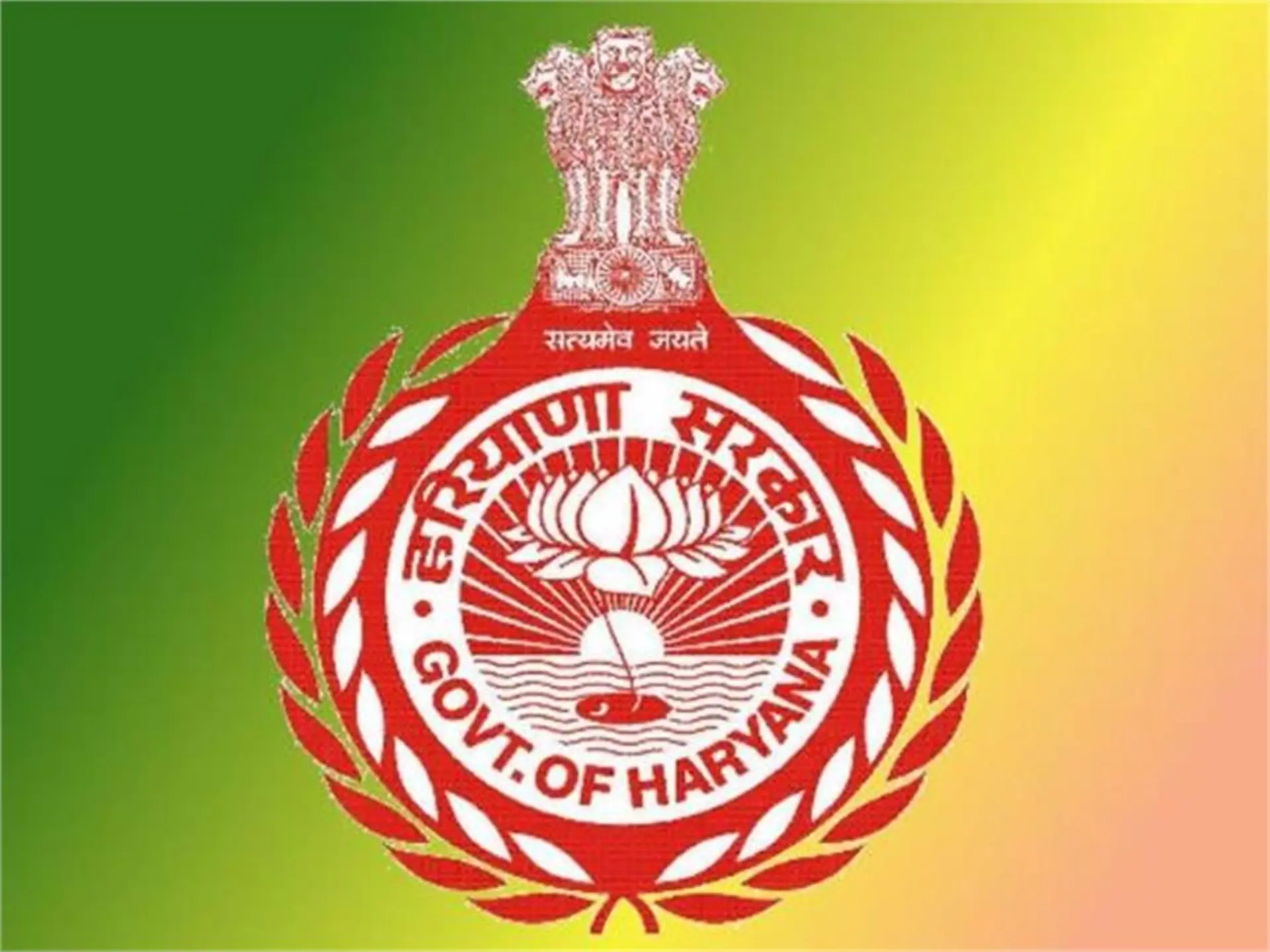
In a significant development in the ongoing investigation into Haryana's Value Added Tax (VAT) scam, the Enforcement Directorate (ED) conducted multiple raids across the state on Tuesday. The operation targeted 14 locations, including the premises of three retired Haryana state civil service officers and several private individuals suspected of involvement in a large-scale money laundering scheme.
The ED's action comes as part of its probe into the alleged illegal issuance of Form C certificates worth a staggering ₹1,000 crore in Gurugram. Form C, issued by the Haryana government, allows traders to claim tax refunds on inter-state sales. However, investigators believe this system was exploited through the creation of fake sale bills, resulting in substantial losses to the state treasury. Among those under scrutiny are Ashok Sukhija, a former excise and taxation officer, and Narender Ranga and Gopi Chand Chaudhary, both ex-deputy excise taxation commissioners. Sukhija and Chaudhary had previously been arrested by the Haryana Police in connection with the case, highlighting the seriousness of the allegations.
The ED's involvement stems from a First Information Report (FIR) filed by the Haryana Police in 2020. The case has since evolved into a full-fledged money laundering investigation, suggesting that the impact of the scam extends beyond tax evasion to potentially include the concealment and transfer of illicitly obtained funds.
The raids are expected to uncover crucial evidence, including financial documents, digital records, and other materials that could shed light on the extent of the fraud and the network of individuals involved. The ED's focus on both former government officials and private persons indicates a comprehensive approach to unraveling the complex web of transactions and relationships at the heart of the scam.
This case has raised serious questions about the oversight and integrity of Haryana's tax administration system. The alleged misuse of Form C certificates not only represents a significant financial loss to the state but also undermines the trust in regulatory mechanisms designed to facilitate legitimate inter-state trade.
As the investigation unfolds, there is growing public interest in understanding how such a large-scale fraud could have occurred and gone undetected for so long. The involvement of former state officials adds a layer of complexity to the case, potentially pointing to systemic issues within the tax administration that may need to be addressed to prevent future occurrences.
The ED's action sends a strong message about the government's commitment to tackling financial fraud and corruption. It also highlights the increasing use of sophisticated investigative techniques to track and prosecute white-collar crimes that have far-reaching economic implications.
As the raids continue and more information comes to light, all eyes will be on the ED to see what evidence is uncovered and how it might reshape our understanding of the scope and nature of this alleged VAT scam. The outcome of this investigation could have significant implications for tax administration practices not just in Haryana, but across India.














